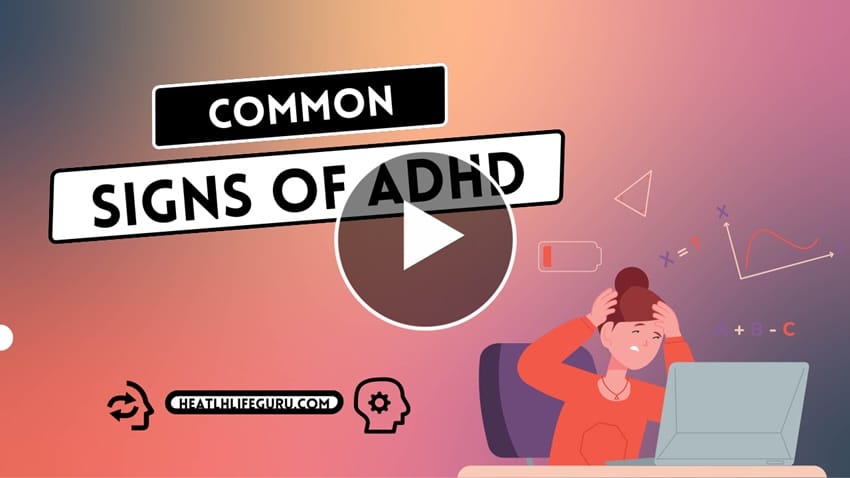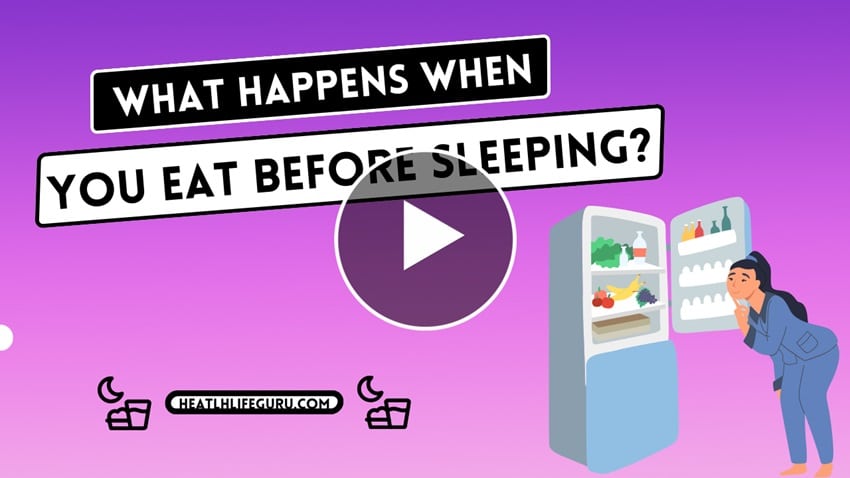Dieting and losing weight are both difficult things to do, and there are a lot of different ways to go about doing them. Unfortunately, there are also many ways to make mistakes when it comes to dieting. Whether it is honest mistakes like not being adequately prepared or intentional ones like not following through, these mistakes can all lead to the same thing: weight gain. In order to help you avoid this, this post will take a look at some of the worst dieting mistakes you can make and how to avoid them!
Contents
The Basics Of Following A Healthy Diet
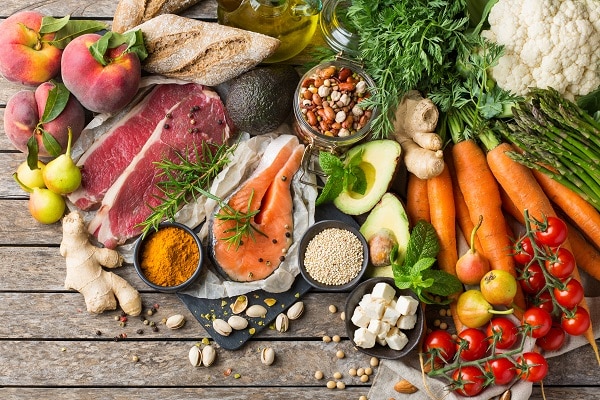
A healthy diet is one that helps to maintain or improve overall health. A healthy diet provides the body with essential nutrients and adequate calories. It is important to consume a variety of foods from all food groups in order to get the nutrients needed for good health. Each food group’s recommended number of servings varies depending on age, gender, and activity level.
Still, the general rule is to eat more fruits and vegetables, lean protein, and whole grains and to limit saturated fat, sodium, and added sugars. A healthy diet can help to prevent or manage conditions such as obesity, heart disease, hypertension, diabetes, and some forms of cancer. Additionally, eating a nutritious diet can improve mental health and help to reduce stress levels. So, before starting any diet to lose weight, it is crucial to be sure that it is one that will provide the nutrients needed for good health.
The Worst Dieting Mistakes You Can Make
Even with the best intentions around your diet, there are still some easy ways to make mistakes that can cause weight gain. To help you avoid these, here are some of the worst dieting mistakes you can make:
Skipping Meals
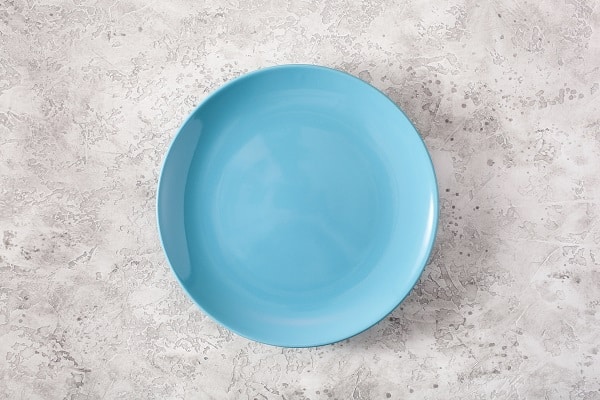
When it comes to following a diet, there are a lot of different approaches that people take. Some people count calories, while others focus on eating specific types of foods. However, one of the worst things that you can do when trying to lose weight is to skip meals. There are a few reasons why this is the case. First of all, when you skip meals, your metabolism slows down. This means that your body will start to store fat instead of burning it for energy.
Additionally, skipping meals can lead to overeating later in the day. When you finally do sit down to eat, you’re likely to be so starving that you’ll end up eating more than you would have if you had just eaten a regular meal. Finally, skipping meals is often counterproductive in terms of weight loss. If you’re trying to cut calories, it’s better to eat smaller meals more often than to starve yourself all day and then overeat at night. So if you’re serious about losing weight, make sure to avoid skipping meals.
Cutting Out Too Much Protein
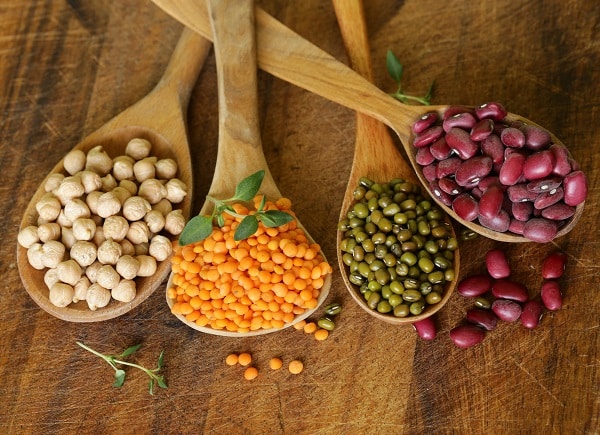
Dieting is often seen as a process of cutting out certain foods or food groups in order to lose weight. However, this approach can often backfire, leading to nutrient deficiencies and feelings of deprivation. One common mistake that people make when dieting is cutting out too much protein. Protein is an essential nutrient that helps to build and repair tissues, produce enzymes and hormones, and support immunity.
When dieting, it’s essential to maintain a healthy protein intake to avoid these negative consequences. A good way to do this is to focus on eating lean protein sources such as chicken, fish, tofu, and legumes. By including these foods in your diet, you can help to ensure that you’re getting the nutrients you need while still achieving your weight loss goals.
Drinking Too Many Calories

Many people make the mistake of thinking that all calories are created equal. After all, a calorie is a calorie, right? Wrong. The calories you ingest from solid foods and liquids are processed very differently by your body. When you eat solid food, your body must expend energy to break down the food into digestible forms. This process requires calories and therefore results in a net loss of calories. In contrast, liquid calories are quickly absorbed into your bloodstream and do not require any extra effort to digest. As a result, they contribute to weight gain and can hinder your weight-loss efforts.
So, if you’re trying to lose weight, it’s important to be mindful of the calories you’re drinking as well as the ones you’re eating. Fruit juice, soda, and other sugary drinks contain empty calories that can quickly sabotage your diet. To stay on track, stick to water or unsweetened iced tea and be aware of the calorie content of any alcoholic beverages you consume. By making smart choices about what you drink, you can avoid accidentally undoing all your hard work and help ensure success on your weight-loss journey.
Not Consuming Any Fat

While it is true that consuming too much fat can lead to weight gain, it is also important to keep in mind that not all fats are created equal. In fact, certain types of fat are essential for good health. For example, Omega-3 fatty acids play a role in maintaining heart health and cognitive function, while monounsaturated fats can help to reduce LDL cholesterol levels. In addition, fat also helps the body to absorb certain vitamins and minerals, and it provides a source of energy. For these reasons, it is essential to include healthy fats in your diet.
However, this does not mean that you should consume large amounts of high-fat foods. Instead, focus on incorporating moderate amounts of healthy fats into your meals and snacks. For example, you can do this by adding nuts or seeds to your breakfast cereal, using olive oil when cooking, or including avocado in your lunchtime salad. By making these simple changes, you can ensure that you are getting the right type of fat in your diet.
Eating Right Before Bed
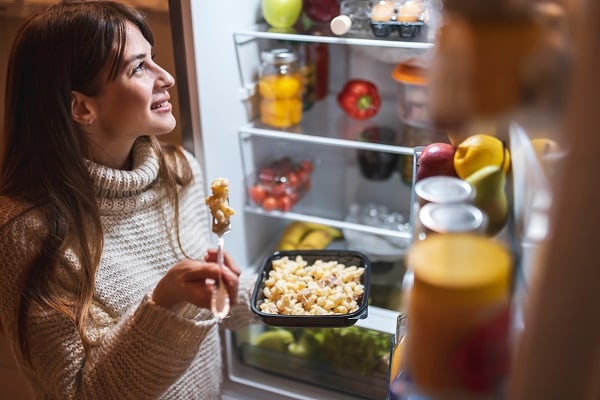
Another common dieting mistake is eating right before bed. This can be a problem because the food you eat right before bed is more likely to be stored as fat. When you eat late at night, your body doesn’t have time to burn off the calories before you go to sleep. This means that the calories are more likely to be stored as fat. In addition, late-night eating can disrupt your sleep, leading to weight gain. Finally, sleep deprivation can cause your body to produce more of the hormone ghrelin, which increases appetite.
It can also lead to cravings for high-carbohydrate and high-fat foods. If you’re trying to lose weight, it’s best to avoid eating late at night. Instead, focus on eating earlier in the evening and ensure you get enough sleep.
Being Too Restrictive
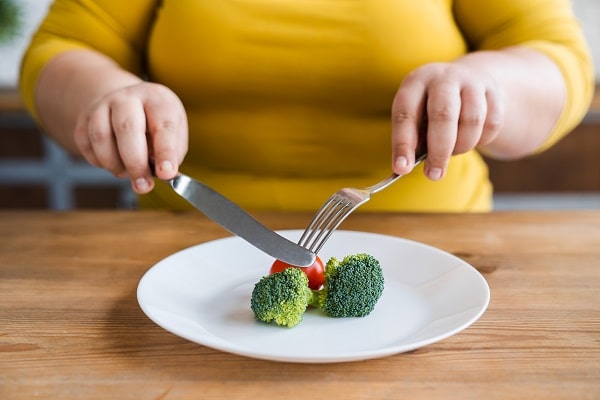
When someone is looking to lose weight, they often make the mistake of being too restrictive with their diet. They think that in order to see results, they need to eliminate all of the “bad” foods from their diet. And also eat nothing but rabbit food. However, this approach is often counterproductive. When people deprive themselves of their favorite foods, they are more likely to give in to temptation and overeat. It’s important to remember that moderation is key when it comes to weight loss.
You don’t need to deprive yourself completely, but you should focus on eating healthy most of the time. Find a balance that works for you and stick with it. Cut out unhealthy foods gradually rather than eliminating them all at once. And don’t be afraid to treat yourself every once in a while. After all, life is too short to deny yourself the things you love!
Avoid Making Some Of The Worst Dieting Mistakes!
Making mistakes is part of life, but when it comes to dieting, some mistakes can be more costly than others. By being aware of the most common dieting mistakes, you can avoid making them and improve your chances of success. So next time you’re trying to lose weight, keep these tips in mind, and you’ll be on your way to reaching your goals. And remember losing weight doesn’t happen overnight – it’s a journey, so enjoy the ride!
